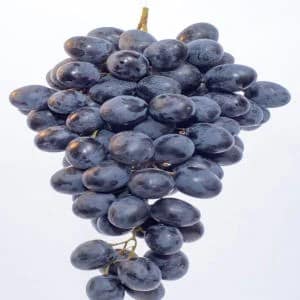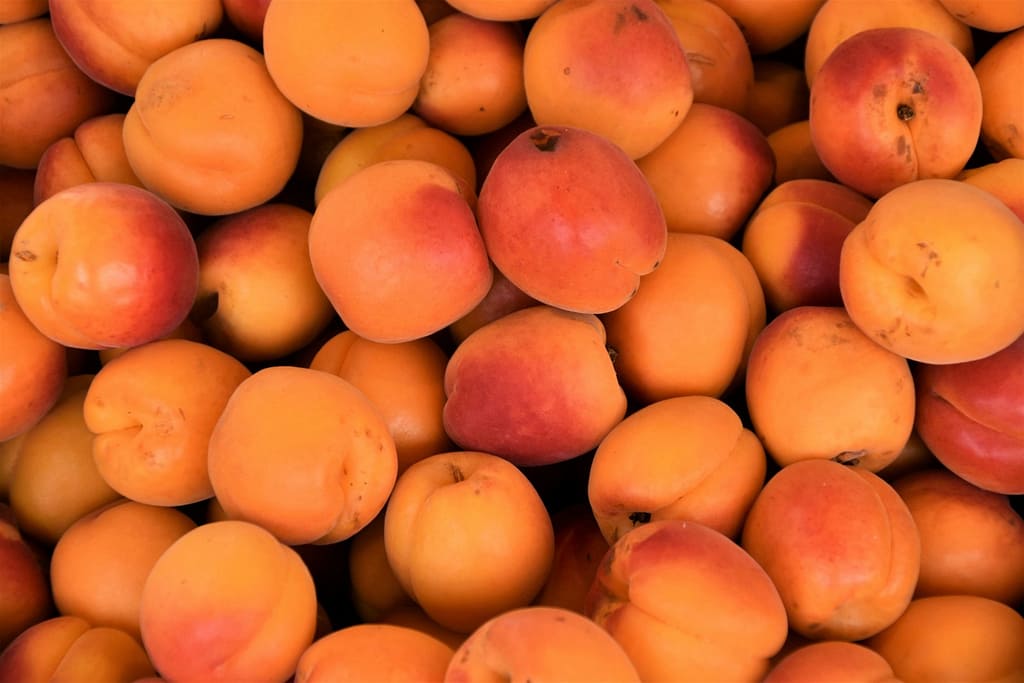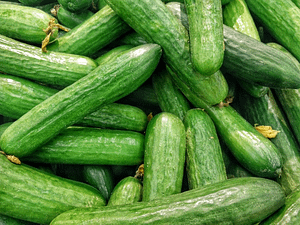
Grapes are a fruit of small, round or oval berries that grow in clusters on the branches of the grape tree. They come in a variety of colors including black, green, red, and purple, and their taste can range from sour to sweet.
The cultivation of grapes has a history that spans thousands of years, making it difficult to pinpoint their exact origin. It is believed that grapes are native to the Middle East, Asia, Mediterranean regions, and parts of Europe.
The History of Grape Cultivation
Grape cultivation has been practiced for centuries, with evidence of grape production dating back to ancient civilizations such as the Egyptians, Greeks, and Romans. These civilizations recognized the value of grapes not only as a food source but also for their use in winemaking.
Throughout history, grapes have played a significant role in various cultures and civilizations. They have been associated with fertility, abundance, and even religious symbolism. The cultivation of grapes spread across different regions, adapting to different climates and soil conditions.
The Uses of Grapes
Grapes are not only enjoyed as fresh fruits but also used in various forms for their versatility. Some of the common uses of grapes include:
Grape Juice
Grape juice is a popular beverage made from the extraction of grape juice. It can be consumed as a refreshing drink or used as an ingredient in cocktails and smoothies. Grape juice is known for its natural sweetness and is often enjoyed by both children and adults.
Raisins
Grapes can be dried to produce raisins, a popular dried fruit. Raisins are commonly used in baking, cooking, and as a snack on their own. They add a natural sweetness and texture to various dishes.
Juice, Jam, Vinegar and Oil
Grapes are also used to produce a variety of products such as grape juice, jam, vinegar, and oil. Grape juice and jam are commonly used as spreads or ingredients in desserts and baked goods. Grape vinegar is used in cooking and dressings, while grape oil is used for culinary purposes and skincare.
The Science Behind Grapes
Grapes are not only delicious but also packed with nutrients and health benefits. They are a rich source of vitamins C and K, antioxidants, and fiber. Consuming grapes regularly can contribute to a healthy diet and promote overall well-being.
The antioxidants present in grapes, such as resveratrol, have been linked to various health benefits, including reducing inflammation, improving heart health, and protecting against certain types of cancer.
In addition to their nutritional value, grapes also contain natural sugars, making them a great energy source. However, it is important to consume grapes in moderation as excessive intake of sugar can have negative effects on health.
Conclusion
Grapes are a fascinating fruit with a long history of cultivation and versatile uses. Whether enjoyed fresh, as juice, dried as raisins, or used in various products, grapes offer a unique combination of flavors and health benefits.
Next time you bite into a grape, take a moment to appreciate its rich history and the countless ways it can be enjoyed and utilized in our daily lives.

